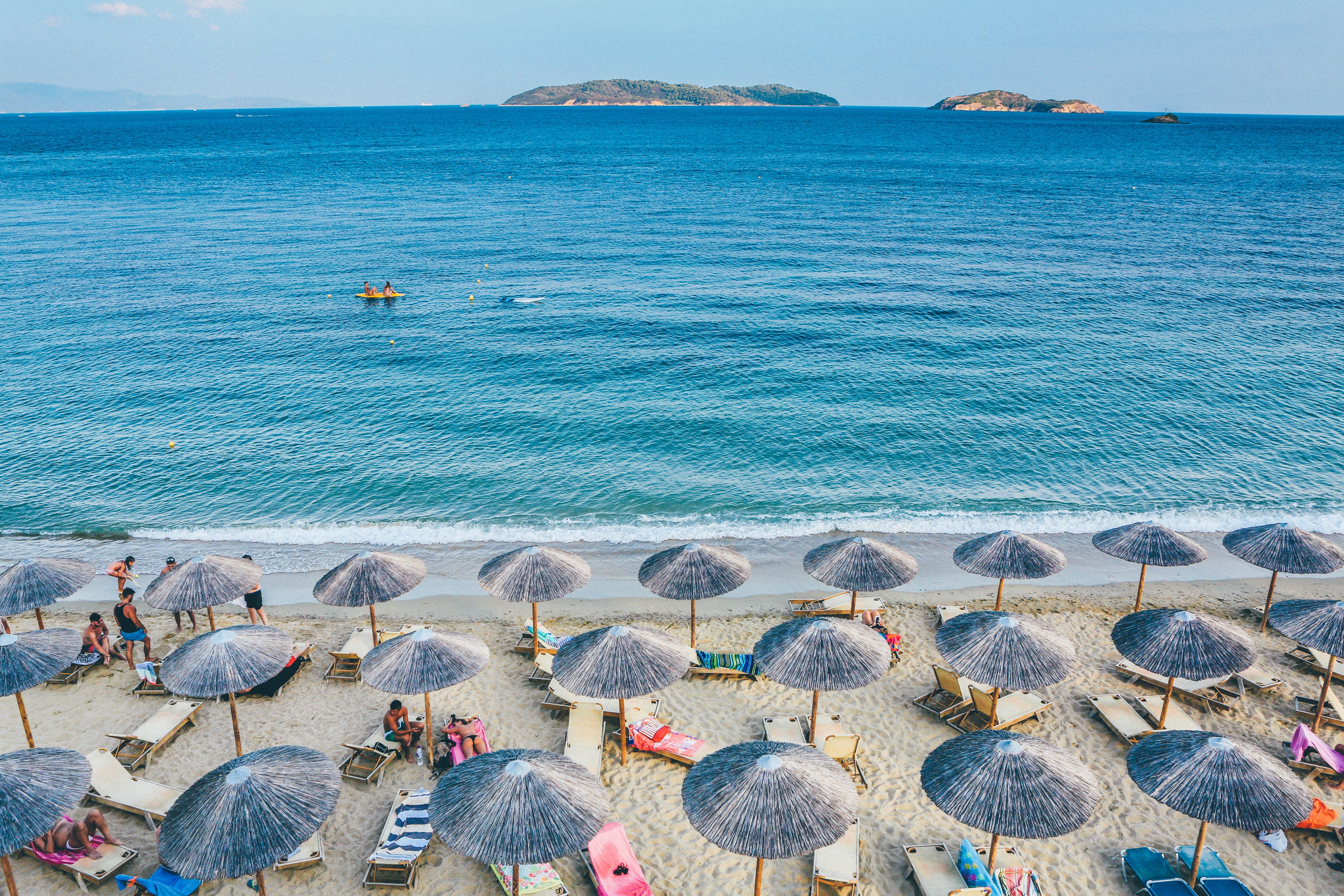
There’s no doubt that tourism has been one of, if not the, hardest hit industry by the COVID-19 pandemic. And with the industry on pause, and many of its impacted employees having time on their hands, it is no surprise that there has been a plethora of articles describing the different ways in which tourism might be able to #buildbackbetter. You might therefore ask if we need another one? Well, maybe. Two of the most frequently discussed problems with tourism have been its intensive carbon footprint, and overtourism. Having worked in international tourism for the past twelve years, I have seen growing discussion of these themes over that time, which is a good thing. But despite working in tourism, my studies have been in humanities, particularly archaeology and history. And engaging with archaeologists, museum professionals and academics over the shutdown period, I have seen much talk of decolonisation in those sectors. This is a conversation which I have noticed missing from the discourse on building tourism back better. I therefore suggest that we need to consider tourism’s colonial problem alongside overtourism and carbon.
Just as many museum collections and archaeology have their roots in colonial exploration, so too does tourism. As European empires colonised new regions of the world, people from the colonising power began to travel to collect trading goods, with tourists following not far behind. As Randy Malamud says, “both tourism and imperialism involved voyages of discovery, and both tended to leave the people who were ‘discovered’ worse off than before.” These days, tourists travel to escape everyday life and responsibilities. But we often do this by intruding upon the lives of others, who don’t have the option to escape from their everyday life. In Terri Hasseler’s analysis of tourism adverts for Caribbean islands, for example, she describes how advertising shows pristine landscapes, ‘exotic’ experiences, and if local people are present, they are in the role of ‘smiling natives’ welcoming or waiting on the tourists.
This is an excerpt from an article by Claire Baxter, originally published on Medium.


